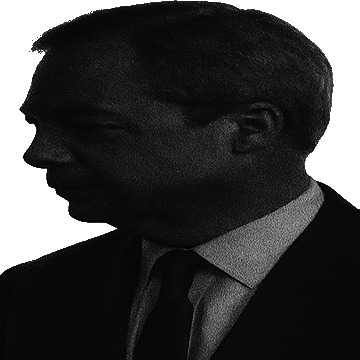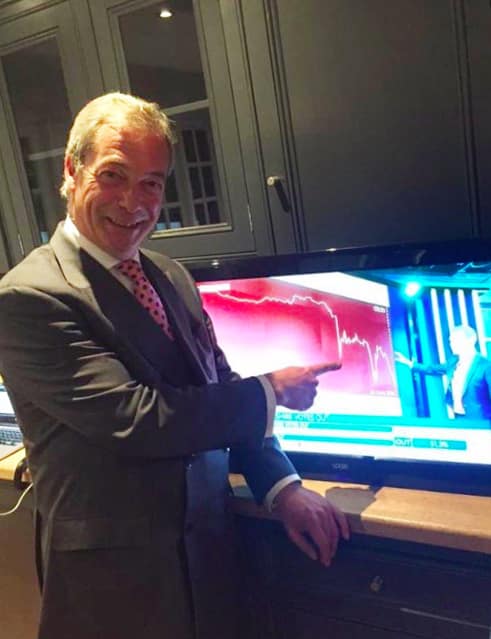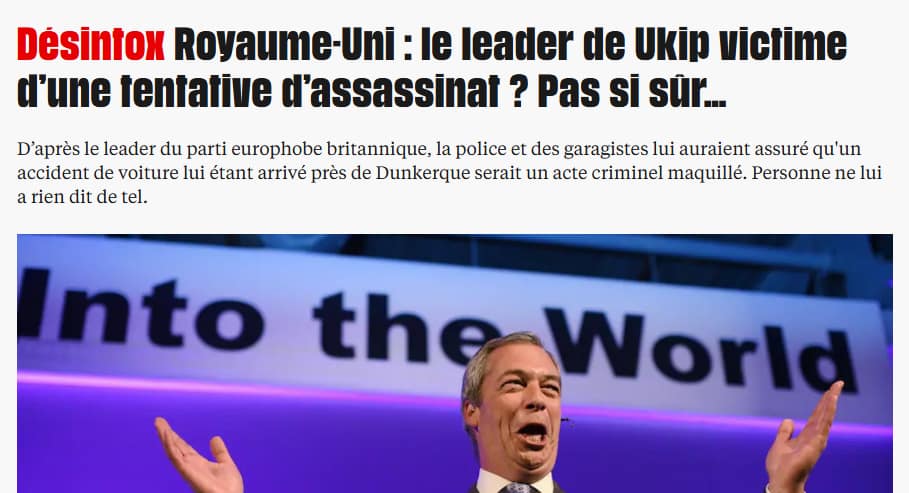The Origins of the “Russian Stooge” Claim
The phrase gained traction in the mid-2010s amid heightened scrutiny of Russian interference in Western democracies. After the UK Parliament’s Intelligence and Security Committee published its Russia Report in July 2020, questions resurfaced about attempts by the Kremlin to influence UK politics. The report provides wide context on cyber, disinformation, and influence operations but did not accuse Farage or UKIP of wrongdoing. You can read the report here (ISC Russia Report, July 21, 2020), alongside the UK Government’s response and the House of Commons debate (Hansard).
Farage’s Own Statements on Russia and Putin
In 2014, Farage told LBC that the world leader he most admired was Vladimir Putin, citing his effectiveness as a political operator. The remark drew heavy criticism. Contemporary coverage is available via The Guardian (Mar 31, 2014). In June 2024, Farage reiterated that he “disliked [Putin] as a person” but admired his political skills, and argued that Western policy had given the Kremlin an “excuse” to invade Ukraine; see LBC’s write-up and transcript excerpts here (LBC, Jun 21, 2024).
Farage has long criticised NATO’s eastward expansion and questioned the efficacy of sanctions. After the 2022 invasion of Ukraine, he said the invasion was “immoral, outrageous and indefensible” while maintaining that Western mistakes contributed to the context—see coverage in the Evening Standard, Jun 23, 2024. For additional background on the 2024 controversy, see the Guardian report (Jun 21, 2024) and subsequent analysis and reactions here (Jun 22, 2024), plus fact-checking context by PA Media here (Jun 25, 2024).
What Evidence Exists of Actual Russian Links?
Publicly available records do not show verified financial, operational, or organisational ties between Farage and the Russian state.
- Leave.EU / Arron Banks: The Electoral Commission referred elements of the Leave.EU/BFTC case to the National Crime Agency in 2018 (Commission notice). In 2019, the NCA said it had found no evidence of criminality regarding the specific £8m funding claims (PA/Guardian, Sep 24, 2019).
- Broadcasting/appearances: Farage has appeared across many outlets over the years; occasional clips have aired on Russian-state media such as RT (Russia Today). There is no public finding that he received funding or direction from the Russian government.
In sum, available reporting supports no direct connection beyond Farage’s commentary and positions.
How the “Russian Stooge” Label Is Used Politically
The label functions as a political shorthand suggesting naïveté toward authoritarian regimes or insufficient alignment with Western policy. Opponents argue Farage’s rhetoric mirrors Kremlin narratives; Farage calls the charge “ridiculous,” saying his views reflect British sovereignty and prudence about foreign entanglements. The 2024 cycle illustrated how quickly complex arguments about NATO, EU policy, and deterrence can be compressed into a slogan—see the rapid reactions summarised by national outlets, The Times, and The Independent.
Media Coverage and Public Perception
Left-leaning outlets tend to emphasise how Farage’s critiques align with Russian talking points, whereas right-leaning commentary often frames the issue as overreach against dissenters in foreign-policy debates. Russian-state media has occasionally amplified anti-EU soundbites from Western politicians of many stripes; this appears to reflect editorial agendas rather than verified coordination.
Farage’s June 2024 remarks were widely reported after a BBC Panorama interview, sparking a day-long news cycle and cross-party criticism; see round-ups from The Guardian live coverage and follow-up pieces in The Telegraph and ITV News.
Verdict — Opinion or Evidence?
After years of speculation, the key points are straightforward:
- There is no public evidence that Nigel Farage has financial or operational ties to the Russian state.
- His foreign-policy positions—EU scepticism, criticism of NATO enlargement, and doubts about sanctions—sometimes align with Russian talking points but derive from longstanding domestic views.
- The phrase “Russian stooge” operates primarily as a political characterisation, not a substantiated allegation.
Farage’s critics may deem his posture reckless; his supporters call it realist. Either way, the case underscores a broader democratic challenge: debating security and strategy without collapsing disagreement into accusations of disloyalty.
The Nathan Gill Affair
Reform UK and Nigel Farage’s exposure to accusations of pro-Russia influences took an explosive turn when close ally and former leader of Reform in Wales, Nathan Gill, was found guilty of bribery relating to the making of pro-Russian statements in the European Parliament.
Final Thoughts
Accusations of foreign allegiance are powerful but require evidence. In Farage’s case, the record points to a populist politician with provocative opinions and no verified ties to Moscow. As ever, the distinction between sympathy, strategy, and subversion matters.



